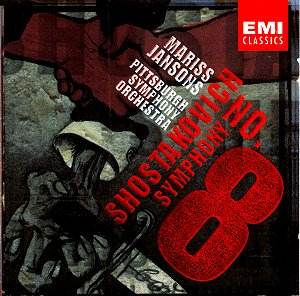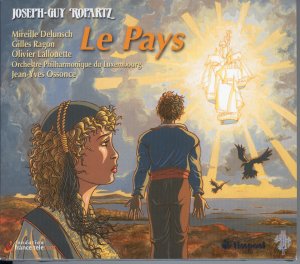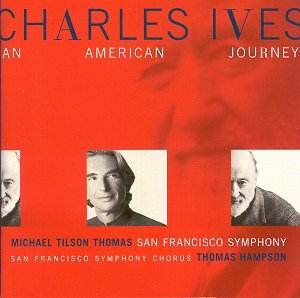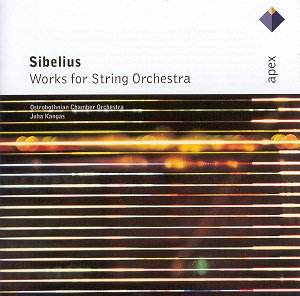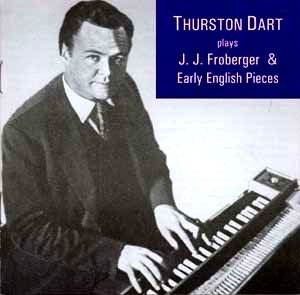 Composer: Johann Jakob Froberger
Composer: Johann Jakob Froberger
Works: Works for Clavichord
Performers: Thurston Dart, clavichord
Recording: Rec: 1961. ISMERON JMSCD 5 [65.44]
Label: ISMERON
The music of Johann Jakob Froberger occupies a pivotal position in the evolution of keyboard composition, bridging the French and Italian styles with a nascent German idiom. His works, rife with emotional depth and intricate counterpoint, reveal a composer who was as much a poet as a technician. This recording of Froberger’s pieces for clavichord by the eminent Thurston Dart, preserved through the efforts of J. Martin Stafford, offers a rare glimpse into the intimate sound world of 17th-century chamber music, showcasing the instrument that served as a domestic companion to the likes of Bach.
Dart’s performance exudes a deep understanding of Froberger’s nuanced musical language. The clavichord, with its soft and intimate voice, perfectly complements the introspective nature of Froberger’s compositions. For instance, the “Suite No. X in A minor” unfolds with a delicate touch, each movement revealing melodic relationships that intertwine with grace. The muted tonal palette of the clavichord allows for a subtle exploration of dynamics, particularly in the “Allemande,” where each note resonates with a sense of understated elegance. Dart’s interpretative choices—particularly his phrasing and tempo—enhance the work’s lyrical qualities, inviting the listener into a contemplative dialogue with the music.
The technical aspects of the performance are commendable, with Dart demonstrating not only virtuosity but also a profound sensitivity to the instrument’s capabilities. The “Ricercar No. VI in C sharp minor” showcases Dart’s adeptness in navigating complex fugal structures, where the slow exposition of the subject gradually unfurls into a tapestry of interwoven lines. This contrasts with the lighter textures found in the “Fantasia No. II,” which Dart executes with a deftness that highlights Froberger’s playful use of the Phrygian mode, imparting a unique tonality that feels both airy and grounded.
Recording quality, especially given the vintage of 1961, is surprisingly robust. The remastering by Stafford ensures that the sound is clear and vivid, bringing out the inherent warmth of the clavichord while maintaining the authenticity of the original performance. The acoustic environment captures Dart’s subtle nuances, allowing the listener to appreciate the delicate sonorities that characterize the clavichord’s sound. This is particularly evident in the concluding “Sarabande” from Croft’s suite, where the haunting melody resonates with a nostalgic beauty that lingers long after the final note.
Thurston Dart’s interpretation of Froberger’s works on the clavichord stands as a testament to the richness of early keyboard music and its ongoing relevance. The clarity and expressiveness of his playing, coupled with the historical significance of the repertoire, make this recording an essential addition for both newcomers and seasoned listeners. Those unacquainted with Froberger will find an accessible introduction to his music, while aficionados will appreciate the opportunity to hear these works rendered with such artistry on an instrument that embodies the spirit of its time. A remarkable preservation of musical heritage, this recording invites deep reflection on the art of the clavichord and the enduring legacy of its repertoire.
